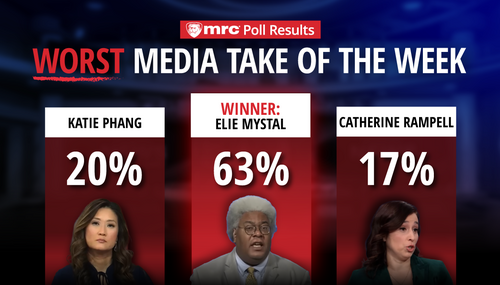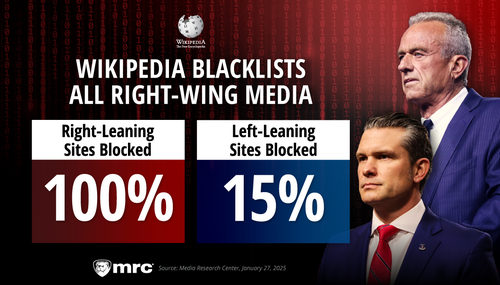
In a democratic polity -- or even one that's driven by things like "world opinion" -- faked news poses a real threat to decent decision-making. Worse yet, the likely outcome of widespread fakery will be a tendency on the part of people to simply dismiss news that they don't want to hear. (And we already see enough of that phenomenon as it is). [...]
Once again, as I've said in previous columns, it boils down to whom you can trust. And although it seems that Big Media outfits, which want to make money and be around for the long term, would have a sufficient investment in their credibility not to fake news themselves, or to pass along fake news except in extraordinary circumstances, the evidence of recent weeks is that journalism is rife with fakery, and that we're seeing more of it now mostly because it's easier to spot now that lots of people can examine the evidence and compare notes. [...]
Context is key. And one of the lessons of these various affairs is that neither the photo, nor the purveyor of the photo, should be given unquestioned authority. Instead, we have to think for ourselves, and make up our own minds. Because it turns out that we can't trust, well, much of anyone.
He's right, of course. But realizing the need to think critically is only part of the solution. Despite the fact that a great many interactive web participants (bloggers, blog readers, and forum users) realize the value of not buying into everything you see, many do not. A still larger group aren't even reading blogs or forums, which presents a bit of a problem.
Most people get their news from television or other MSM sources who aren't exactly inclined to tell their audience that news and the journalists who provide it should be regarded with a more critical eye.
I see a three-fold solution here. The first part is convincing professional journalists to come off their high horses and admit to their readers that they are human beings and, like everyone else, they approach their jobs from a particular perspective.
The second part is to keep growing the alternative media to a point where they're no longer referred to as "the alternative media." Once blogs become more than just a small part of the media diet of average Americans, this will be achieved.
Lastly, as members of the interactive media, we need to make sure we remember to practice what we preach about rationality and critical thinking. There will always be a subset of lunatics out there (DailyKos, DU, Stormfront, etc.) who believe anything negative about the opposite side of the political spectrum, but as blogging becomes more mainstream, I think it's likely that the cooler heads will eventually win out in blogland.
UPDATE 13:15. Jeff Jacoby writes about fauxtography in the textbook business. Apparently a lot of publishers like inserting pictures of people of different ethnicities to make their books look more "diverse." HT: Betsy.




